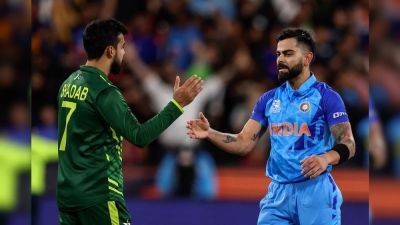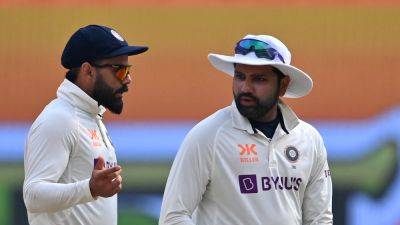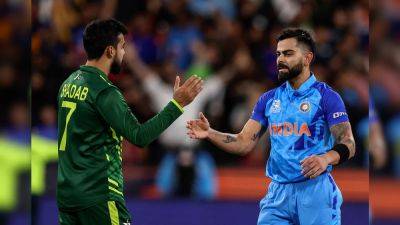ICC revenue deal set to overlook chance to grow game in favour of enriching richest
W hen India’s cricket board first tried to take hold of International Cricket Council finances in 2014, it enlisted support. The BCCI was flanked in the attempt by Cricket Australia and the England and Wales Board – the so-called Big Three arguing that as the dominant financial entities in the international game, they should divide the proceeds between themselves.
The attempt only ended with change inside Indian cricket, when reformist administrator Shashank Manohar ousted a tainted predecessor. But Manohar is long gone, and today’s cronies have an appetite awakened by a reported new four-year broadcast deal for ICC events worth north of US$3bn, an increase of more than threefold per year. As any kid watching cartoons knows, henchmen are expendable as the stakes rise. This time the BCCI is going solo, carving out Australia and England along with everyone else. This time the attempt will succeed.
Since March the BCCI has been lobbying other boards to accept a new financial model, notionally drawn up by the ICC. But the ICC has no independent power, it is only a collective: a dozen full member nations plus 94 associates. Which really means the ICC takes instruction from India as the game’s lone financial superpower. The BCCI plan is that out of those 106 nations, India should receive 38.5% of all revenue. England, Australia and Pakistan would get around 6%, other full members 2% to 5%, while every associate nation between them – countries by definition “where cricket is firmly established and organised” – would get 11%.
Thanks to the overall broadcast rights increasing, most countries will still get a pay rise compared to their previous allocation, even as their proportion of the whole declines. That is why there won’t






